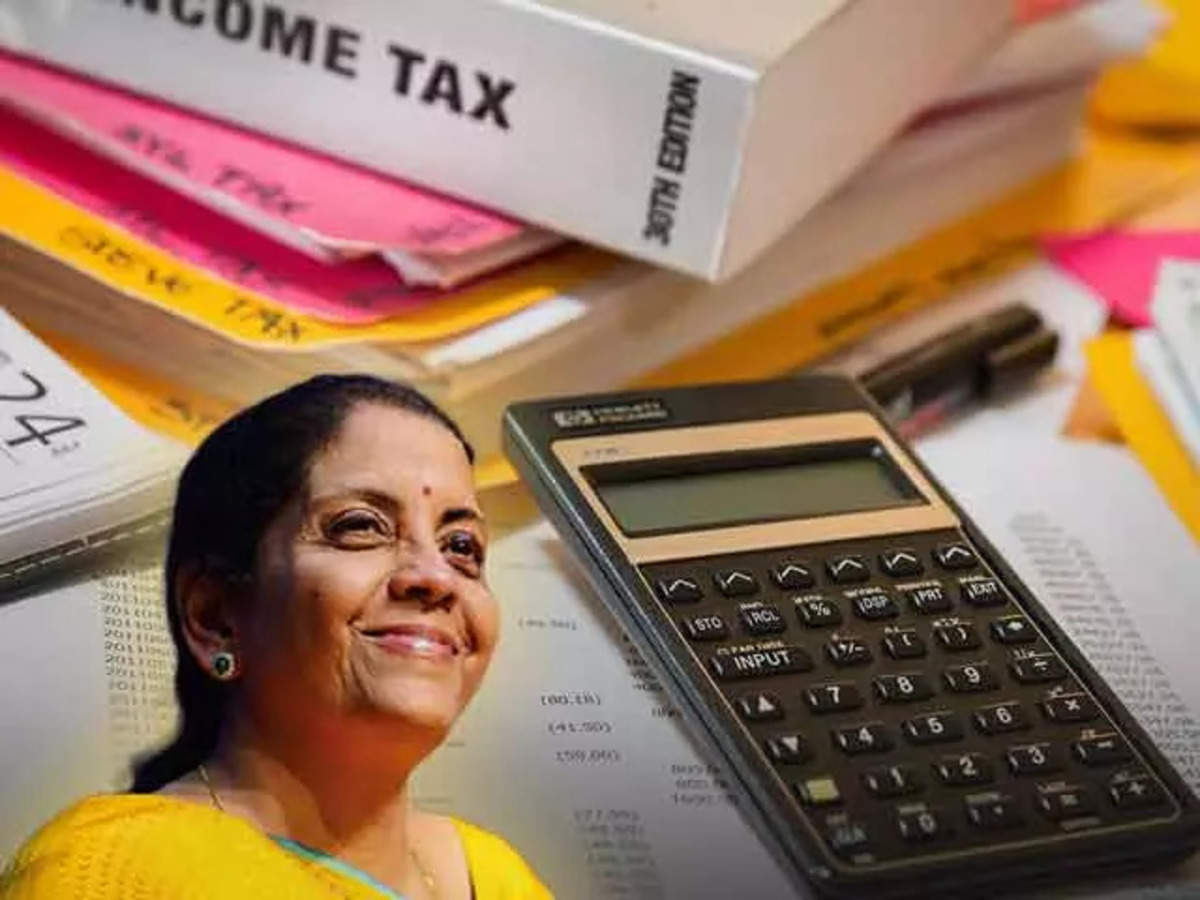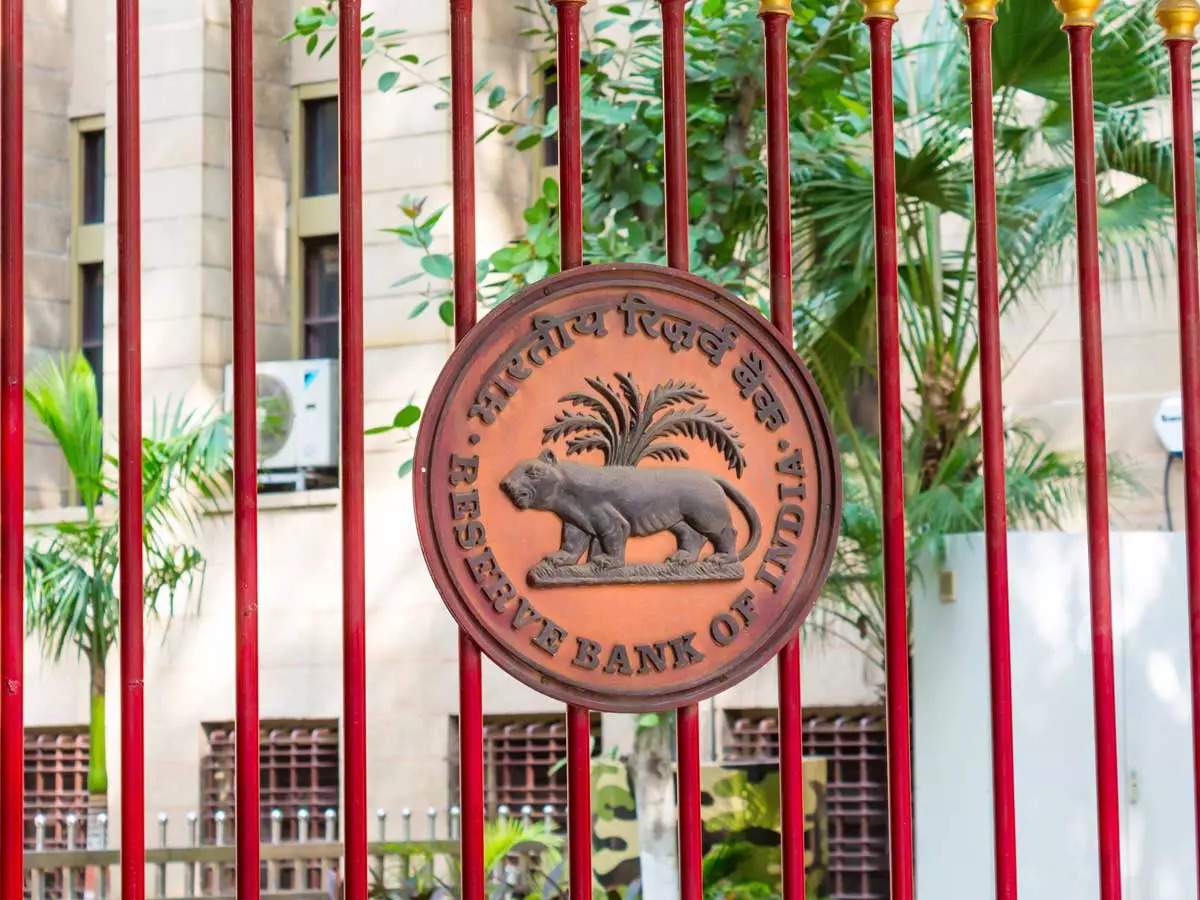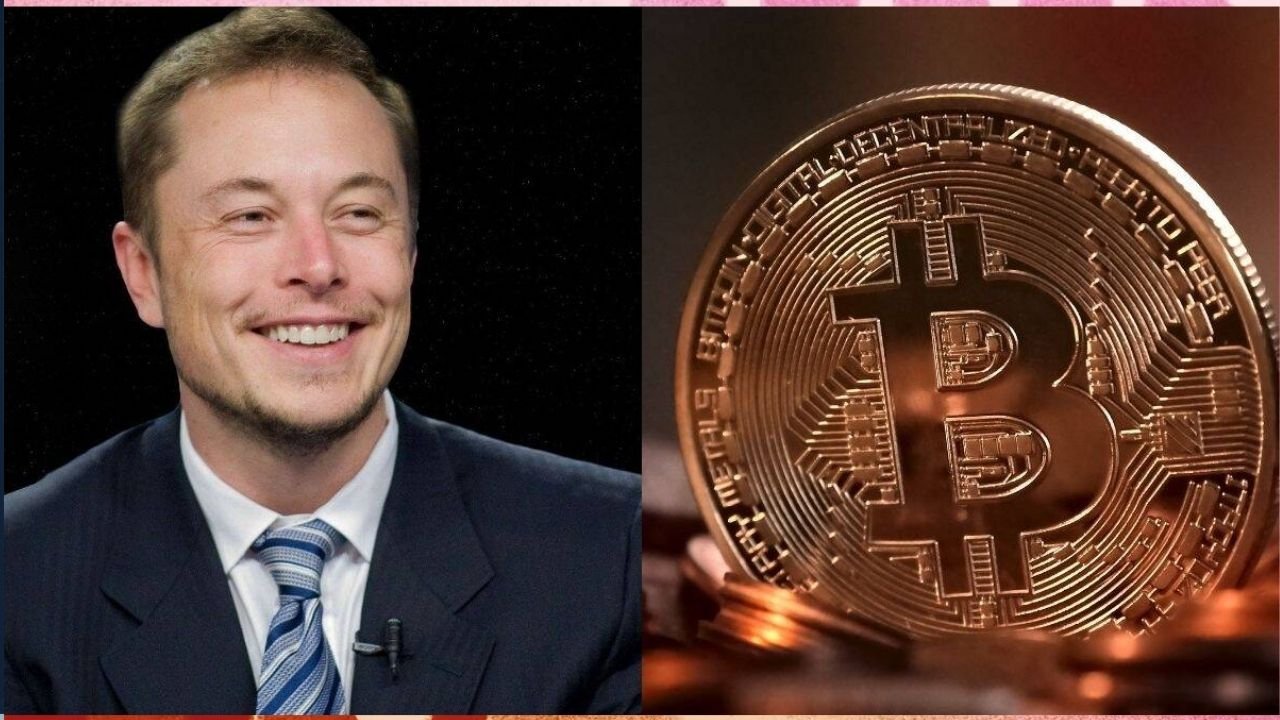India’s Own Digital Assets To Be Taxed At 30% In FY23

India’s own digital currency is on the verge of becoming a reality. The Finance Minister, Nirmala Sitharaman, announced during her fourth budget presentation that the Reserve Bank of India (RBI) will issue the digital currency in 2022–23.

Also Read: Blended Learning Is The Future Of Education.
The minister stated that the digital rupee, or central bank digital currency, will be introduced via blockchain, adding that it will provide a significant boost to the economy. Simultaneously, Sitharaman announced a 30% tax on virtual or digital asset proceeds. “Income derived from the transfer of digital assets will be taxed at 30%,” she stated.
A 1% TDS will be applied to transactions exceeding a certain threshold. Additionally, recipients will be taxed if they receive virtual digital assets as a gift.
The government had previously stated its intention to introduce a bill regulating cryptocurrency during Parliament’s winter session, but this did not occur. Additionally, the RBI stated in July 2021 that it was developing its own digital currency.

T Rabi Sankar, the RBI’s deputy governor, had dubbed it the “Central Bank Digital Currency (CBDC) and stated that it would be identical to fiat currency and interchangeable one-to-one with it.
The RBI has frequently stated that cryptocurrencies such as BitCoin, Ethereum, and Dogecoin, among others, threaten financial stability. It had previously cautioned investors against being “lured” by cryptocurrency return promises.
Also Read: 7 Traits To Emotional Intelligence
The recent announcement of a blockchain-based digital currency is expected to result in a more efficient and cost-effective currency management system.
“The decision to tax virtual digital assets provides clarity for the entire ecosystem, including investors and exchanges, regarding the path forward. While the 30% tax on income from virtual digital assets is a significant step forward, it legitimises crypto and indicates an optimistic sentiment toward further adoption of crypto and NFTs by stakeholders in the country.

From February to today, the government’s stance on cryptocurrency has shifted significantly, and we are confident that this will usher in a new era of growth and innovation for India in a Web 3.0 world, “said Avinash Shekhar, CEO of ZebPay, a cryptocurrency exchange platform.
Also Read: The 4th and 5th Industrial Revolutions are energizing the digital world.
He added that the RBI’s announcement on the launch of a Digital Rupee powered by blockchain will educate Indians about the benefits and efficiency of virtual currency, fostering an appetite for crypto, blockchain, and the plethora of innovations and job opportunities that these technologies are capable of fostering.
The move to tax digital assets is a positive development, as it eliminates potential tax confusion for crypto investors. Taxing gifts and TDS is also beneficial for reducing anonymity abuse in the crypto domain. We believe that the future of cryptocurrency innovation will be centred on KYC-compliant transactions involving legally recognised tokens.
Swapnil Pawar, the founder of ASQI, a blockchain startup, said the move to tax digital assets is a positive development because it eliminates potential tax confusion for crypto investors.
Taxation of gifts and TDS is also beneficial in reducing anonymity abuse in the crypto domain. We believe that the future of cryptocurrency innovation will be in KYC-compliant transactions involving legally recognised tokens, “he stated.
connect with us on social media [ Facebook | Instagram | Twitter | LinkedIn ] to get real-time updates on the market. Entrepreneurs Diaries is now available on Telegram. Join our telegram channel to get instant updates from ED.






